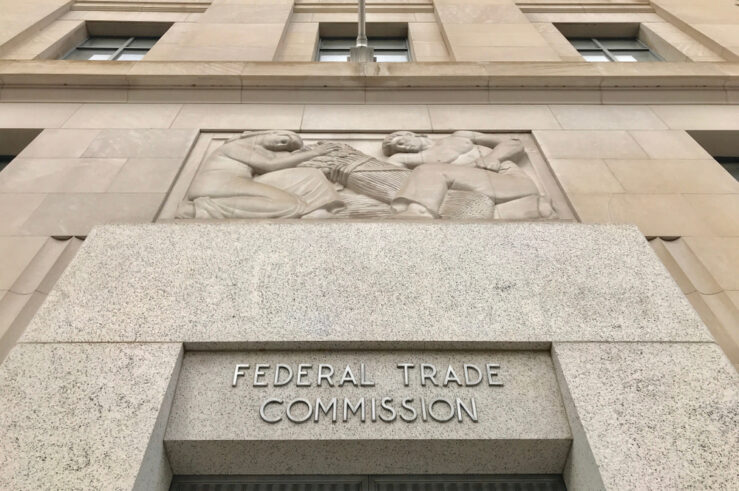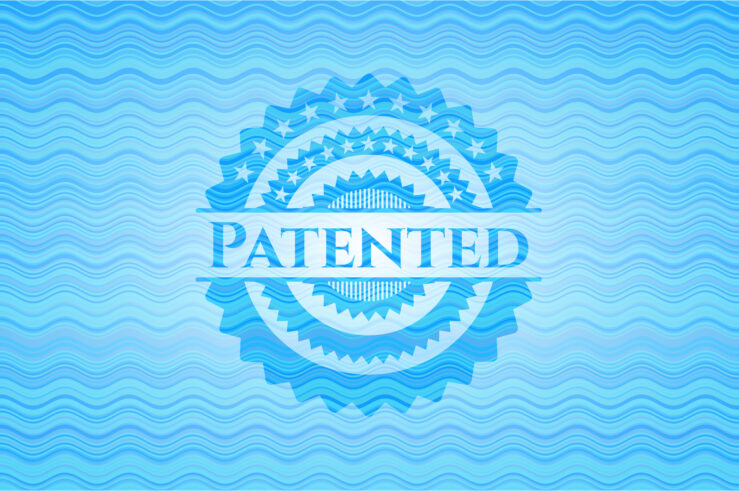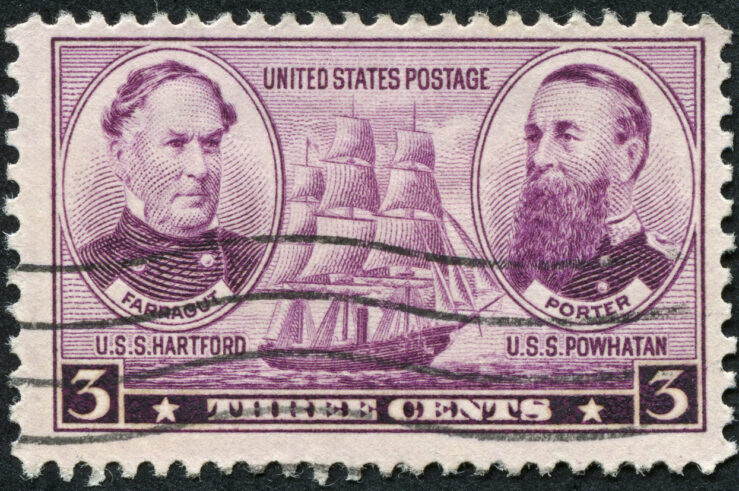Showing archive for: “DOJ”
The FTC’s NPRM on Noncompete Clauses: Flirting with Institutional Crisis
The Federal Trade Commission’s (FTC) Jan. 5 “Notice of Proposed Rulemaking on Non-Compete Clauses” (NPRMNCC) is the first substantive FTC Act Section 6(g) “unfair methods of competition” rulemaking initiative following the release of the FTC’s November 2022 Section 5 Unfair Methods of Competition Policy Statement. Any final rule based on the NPRMNCC stands virtually no ... The FTC’s NPRM on Noncompete Clauses: Flirting with Institutional Crisis
Your Definitive End-of-Year Global Tech Regulation Wrap-Up: Who’s Doing What, Where, and What to Make of It
As 2023 draws to a close, we wanted to reflect on a year that saw jurisdictions around the world proposing, debating, and (occasionally) enacting digital regulations. Some of these initiatives amended existing ex-post competition laws. Others were more ambitious, contemplating entirely new regulatory regimes from the ground up. With everything going on, it can be ... Your Definitive End-of-Year Global Tech Regulation Wrap-Up: Who’s Doing What, Where, and What to Make of It
Biweekly FTC Roundup: Grail-Shaped Beacon Edition
The lame duck is not yet dead, and the Federal Trade Commission (FTC) is supposed to be an independent agency. Work continues. The Commission has announced a partly open oral argument in the Illumina-Grail matter. That is, parts of the argument will be open to the public, via webcast, and parts won’t. This is what’s ... Biweekly FTC Roundup: Grail-Shaped Beacon Edition
Patent Pools, Innovation, and Antitrust Policy
Late last month, 25 former judges and government officials, legal academics and economists who are experts in antitrust and intellectual property law submitted a letter to Assistant Attorney General Jonathan Kanter in support of the U.S. Justice Department’s (DOJ) July 2020 Avanci business-review letter (ABRL) dealing with patent pools. The pro-Avanci letter was offered in ... Patent Pools, Innovation, and Antitrust Policy
FTC Biweekly UMC Roundup – Mountain of Puffery Edition
Research still matters, so I recommend video from the Federal Trade Commission’s 15th Annual Microeconomics Conference, if you’ve not already seen it. It’s a valuable event, and it’s part of the FTC’s still important statutory-research mission. It also reminds me that the FTC’s excellent, if somewhat diminished, Bureau of Economics still has no director; Marta ... FTC Biweekly UMC Roundup – Mountain of Puffery Edition
Damn the Economics, Full Speed Ahead!
A White House administration typically announces major new antitrust initiatives in the fall and spring, and this year is no exception. Senior Biden administration officials kicked off the fall season at Fordham Law School (more on that below) by shedding additional light on their plans to expand the accepted scope of antitrust enforcement. Their aggressive ... Damn the Economics, Full Speed Ahead!
Are All Mergers Inherently Anticompetitive?
A recent viral video captures a prevailing sentiment in certain corners of social media, and among some competition scholars, about how mergers supposedly work in the real world: firms start competing on price, one firm loses out, that firm agrees to sell itself to the other firm and, finally, prices are jacked up.(Warning: Keep the ... Are All Mergers Inherently Anticompetitive?
Three Big Pitfalls in the Way of Lina Khan’s Agenda
In a recent op-ed for the Wall Street Journal, Svetlana Gans and Eugene Scalia look at three potential traps the Federal Trade Commission (FTC) could trigger if it pursues the aggressive rulemaking agenda many have long been expecting. From their opening: FTC Chairman Lina Khan has Rooseveltian ambitions for the agency. … Within weeks the FTC is ... Three Big Pitfalls in the Way of Lina Khan’s Agenda
Antitrust Populists Don’t Seem to Care About the Poor
Antitrust populists like Biden White House official Tim Wu and author Matt Stoller decry the political influence of large firms. But instead of advocating for policies that tackle this political influence directly, they seek reforms to antitrust enforcement that aim to limit the economic advantages of these firms, believing that will translate into political enfeeblement. ... Antitrust Populists Don’t Seem to Care About the Poor
The Catch-22 of AICOA’s Guidelines
If S.2992—the American Innovation and Choice Online Act or AICOA—were to become law, it would be, at the very least, an incomplete law. By design—and not for good reason, but for political expediency—AICOA is riddled with intentional uncertainty. In theory, the law’s glaring definitional deficiencies are meant to be rectified by “expert” agencies (i.e., the ... The Catch-22 of AICOA’s Guidelines
The Cracked Mirror of Monopoly-Monopsony Symmetry
Slow wage growth and rising inequality over the past few decades have pushed economists more and more toward the study of monopsony power—particularly firms’ monopsony power over workers. Antitrust policy has taken notice. For example, when the Federal Trade Commission (FTC) and U.S. Justice Department (DOJ) initiated the process of updating their merger guidelines, their ... The Cracked Mirror of Monopoly-Monopsony Symmetry
Pushing the Limits? A Primer on FTC Competition Rulemaking
Since its founding in 1914, the Federal Trade Commission (FTC) has held a unique and multifaceted role in the U.S. administrative state and the economy. It possesses powerful investigative and information-gathering powers, including through compulsory processes; a multi-layered administrative-adjudication process to prosecute “unfair methods of competition (UMC)” (and later, “unfair and deceptive acts and practices ... Pushing the Limits? A Primer on FTC Competition Rulemaking















